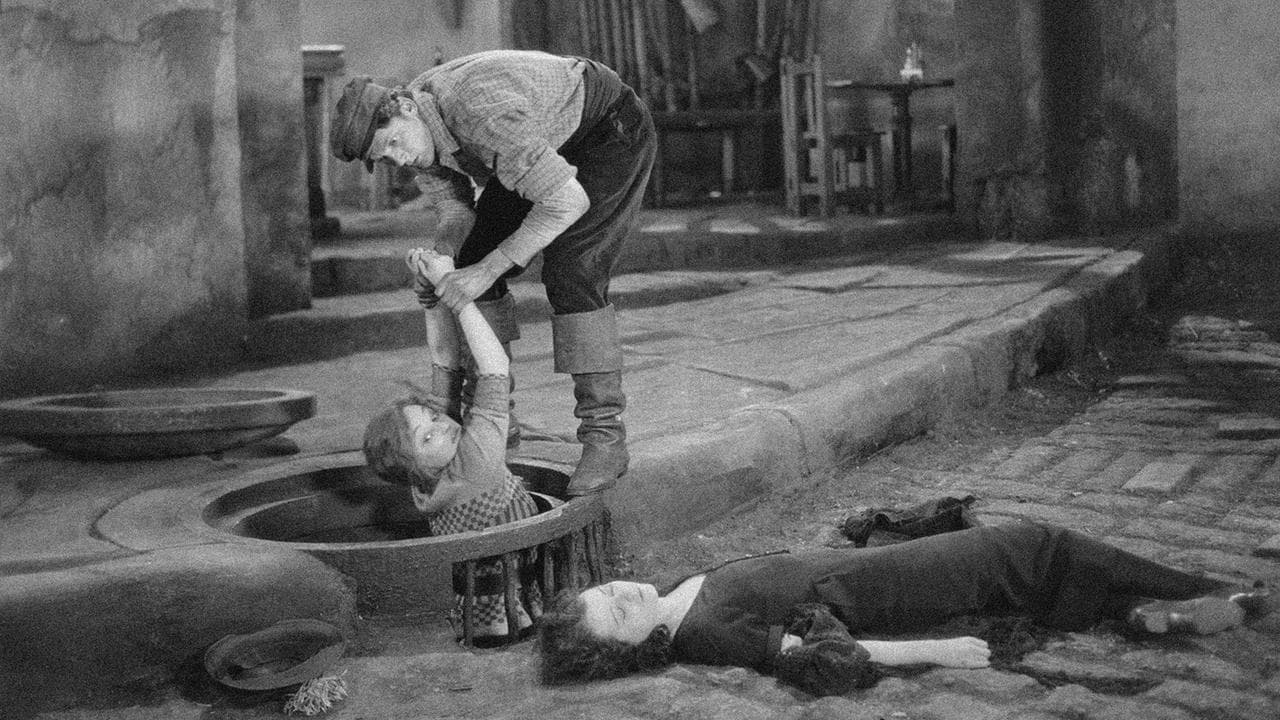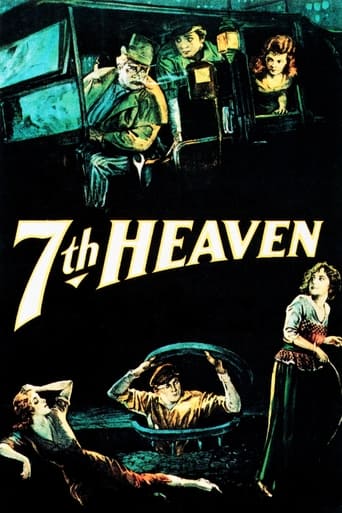

Fantastic!
... View MoreIf the ambition is to provide two hours of instantly forgettable, popcorn-munching escapism, it succeeds.
... View MoreAfter playing with our expectations, this turns out to be a very different sort of film.
... View MoreOne of the most extraordinary films you will see this year. Take that as you want.
... View MoreThis movie took me completely by surprise. I had never heard of it, but got it because it's set in Paris. It turned out to be a really beautiful movie. Beautifully shot, beautifully acted. Two rather shy individuals fall in love, almost against their wills, or at least against his will. We watch the relationship grow. Never trite, very seldom over-acted. The battle scenes in World War I are remarkable for their effectiveness.And the end, which I won't reveal, hits you right in the mid-section and knocks your breath out.Even someone who doesn't like silents would enjoy this, very much. It makes you understand why some people thought that by the introduction of talkies in that same year, 1927, silents had developed to the point that the first sound pictures were actually something of a regression in many ways.
... View MoreDiane (Janet Gaynor) leads a horrible life; her sister beats her constantly for no reason and life in the slums leaves no room for escape. One day when the two are visited by their parents, a chance comes to break free from their seedy existence, but Diane is too honest to deceive them. She belies the fact that they have been far from moral. Her sister retaliates by attacking her in the street, but a good Samaritan steps in. Chico (Charles Farrell) works in the sewers and dreams of better things. He cannot stand to see a defenseless, albeit fearful, girl be abused. Unfortunately, when he stands up for Diane, he risks his forthcoming job as a street cleaner. He lies and tells the police that he and Diane are married, so she moves in with him to carry on the charade for his sake. The relationship blossoms into love, but the war comes and the two are pulled apart.This is the first time that Gaynor and Farrell were paired on the screen, and the chemistry between the two is electric. It only improved as time went on, but it is exciting to see the start of it all. Gaynor is beautiful and so petite next to the masculine presence of Farrell. He takes care of her just as much as she does him; the two represent the ideal couple, two halves that make a whole.Frank Borzage directs, and his signature touch permeates the film. The lush, soft lighting make the dirty locations seem lovely and appealing. The sparse apartment that the lovers call heaven really has a glow about it. This style lends itself perfectly to the love story and makes the more melodramatic parts forgivable in context.
... View MoreThis love story is so much a product of its' era, a time of innocence and charm. The leads, Gaynor and Farrell, are simply perfect as the lovers who are parted by World War I. Janet Gaynor is beautiful and Charles Farrell is handsome. SEVENTH HEAVEN has it all: prostitution, romance, war, a sadistic whipping, and religion. It is melodramatic, to be sure, but this is part of the charm. It is a winner of multiple 1st Academy Awards, and deserves to be seen on DVD in a Fox release. Perhaps if we wrote to Fox Home Entertainment. They allowed that abysmal tape of SEVENTH HEAVEN to be circulated by Critics Choice. It's time to correct a bad judgment.
... View MoreThis could have been something awful. It's high schmaltz, really fever-pitched melodrama, and the plot relies on a huge number of coincidences. But it all works beautifully, through a perfect combination of acting, directing, and photography, not to mention the incredible lighting and set design. This is one of the great silent movies, and one of the great screen romances. Janet Gaynor had quite a year in 1927, turning in fantastic performances in this, as well as F. W. Murnau's Sunrise. 10/10A year later, Buster Keaton in The Cameraman would do a brilliant spoof of the famous staircase crane shot from Seventh Heaven.
... View More